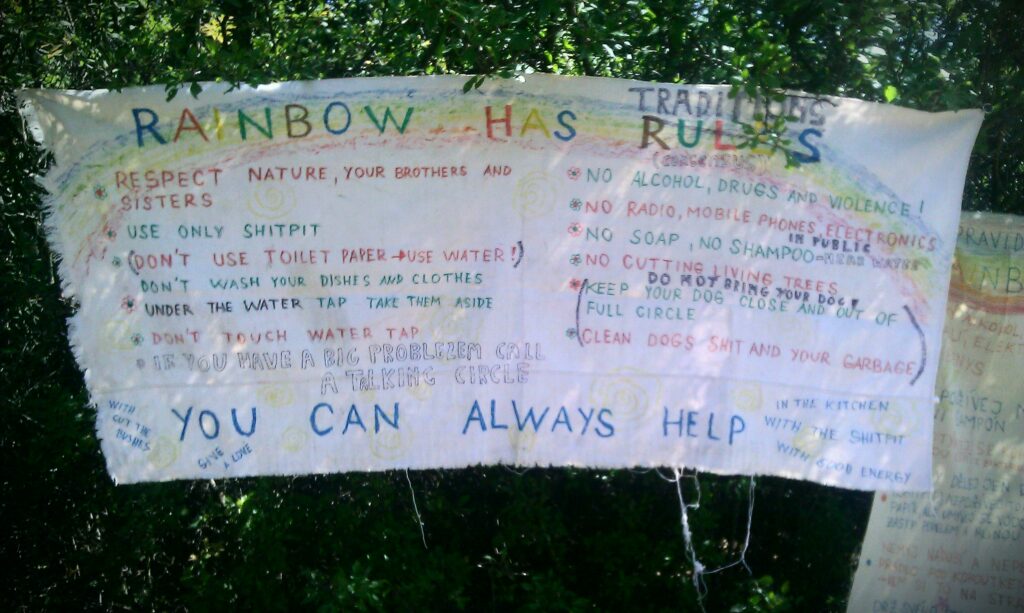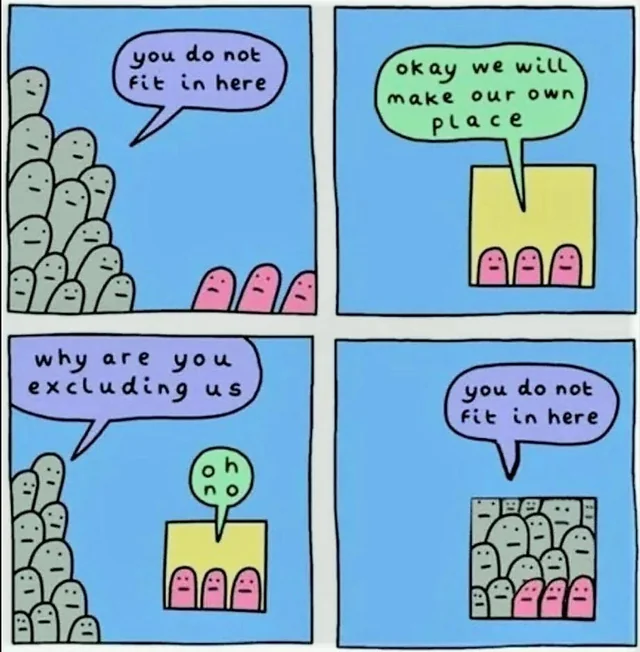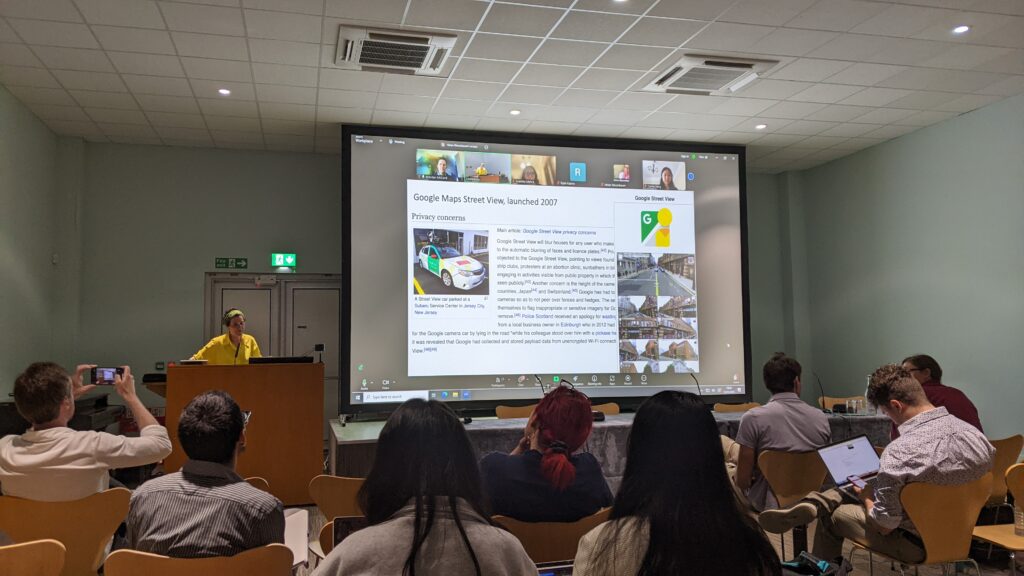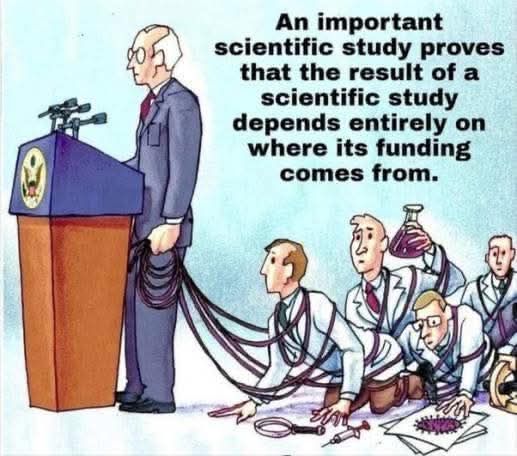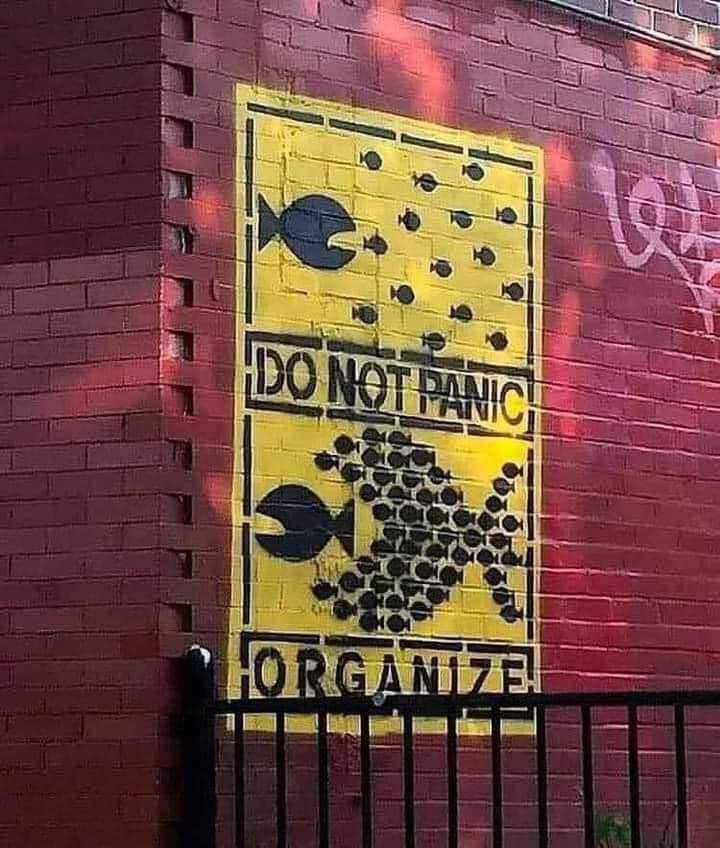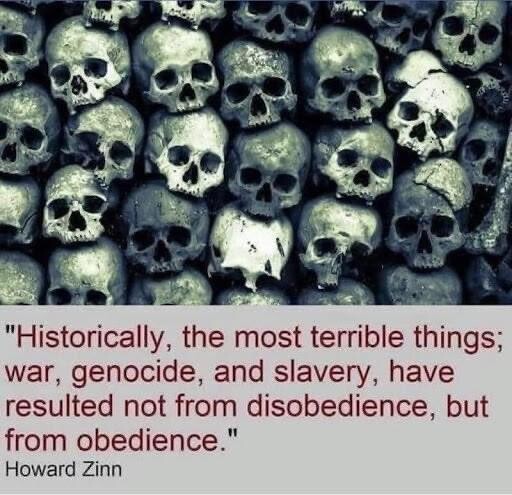#Musk is a useful example of the #nastyfew: wealthy technocrats wrapping themselves in the cloak of progress while undermining the foundations of any, let alone a just future. These stories and narratives about innovation are a high-tech rebrand of green capitalism, a slick façade masking the same old decaying systems of extraction, inequality, and authoritarianism.
The problem they push is that instead of confronting the #KISS causes of our social and planetary crises, these people offer us distraction: electric cars for the elitists, fantasies of Mars colonies, and #AI overlords dressed up as saviours. This isn’t transformation – it’s #deathcult worshiping continuity in crisis.
People like Musk are useful to the #deathcult because they peddle a seductive, market-friendly myth: that we don’t need to change our behaviour, our economics, or our power structures, we just need to upgrade our tech. Comforting, isn’t it? For those who benefit from the status quo, it’s the perfect nasty con.
He personally embodies the worst of the #geekproblem: the cult of the engineer, disconnected from social reality, obsessed with “fixing” the world through code and hardware while ignoring the human systems that create the problems in the first place. This is dead libertarian ideology dressed in the shrowed of innovation.
We urgently need to compost these myths. Not just resist them, actively decompose them, mix them with grounded knowledge, and grow something better from this soil.
That’s where projects like the #OMN (Open Media Network) come in – a project seeded in the messy, composted soil of decades of grassroots media and digital commons. Unlike the sleek towers of technocratic illusion, #OMN is rooted in public-first values: transparency, participation, autonomy, and trust. It’s not about building new silos or chasing the next unicorn, it’s about connecting the islands of resistance, amplifying local grassroots voices to rebuild public infrastructure for storytelling, organising, and governance.
The #OMN isn’t anti-tech – it’s pro-human. It’s a network built with people, for people – not for investors or ego-driven billionaires. It draws from the radical legacy of projects like #indymediaback, and threads in tools like #OGB to bring coherence and shared narrative to the fractured #openweb reboot. So please stop chasing tech cults and start growing rooted alternatives.
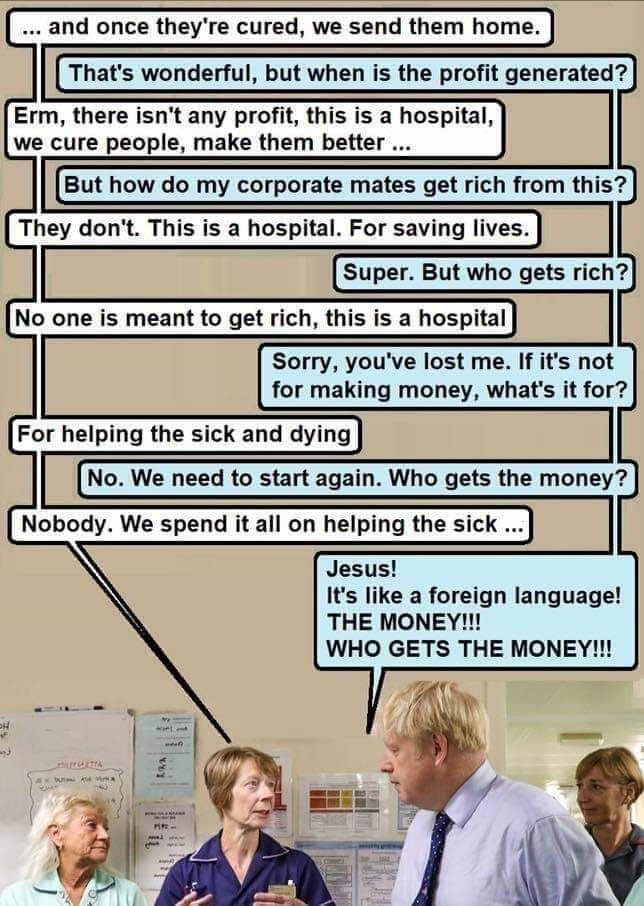
“Use and abuse” is a good strategy for dealing with the #dotcons while they continue to dominate our digital and social infrastructure. Why? Because refusing to engage with these platforms outright is the equivalent of shouting into the void – or living in a cave. And caves, while romantic to a certain type of purist, are never effective social solutions.
The truth is this #dotcons are still where the #mainstreaming people live, and mainstream attention is power, even if borrowed. As radicals or progressives, using their platforms to push counter-narratives, while simultaneously undermining their legitimacy and building our own independent infrastructure, is both necessary and strategic. Think of it as exiting from within by using their reach to grow the seeds of your alt-path.
